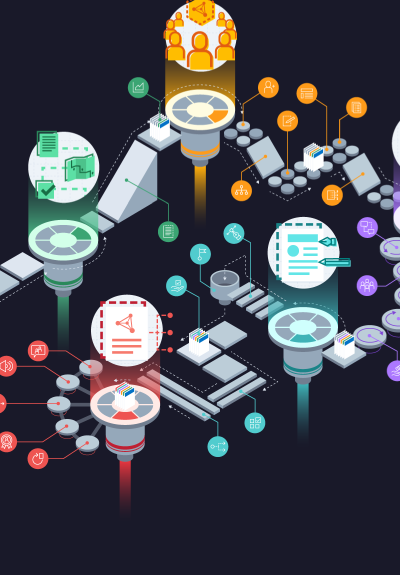Strengthening Research Integrity with High-Performance Computing (HPC) Security
Released: 08/07/2024

High-Performance Computing (HPC) systems aggregate computing resources to gain performance greater than that of a single workstation. HPC systems have become an essential tool for researchers spanning a diverse range of fields. These sophisticated computing platforms provide the high speeds and computational muscle necessary to tackle complex problems that would be impossible using conventional computing architectures. However, as the demand for ever-increasing performance grows, HPC systems face a critical challenge: balancing speed with security.
HPC systems' complex infrastructure, extensive use of remote access, and storage of sensitive data lead to key security challenges. These challenges make them prime targets for cyber attacks. Consequences can include the loss of research findings, data corruption, disrupted research workflows, and potential legal repercussions. Fortunately, organizations can safeguard HPC systems and ensure the continued integrity of their research by adopting proactive security measures.
This publication from the CSA High Performance Computing Working Group describes how to secure HPC systems. It demonstrates that HPC environments can achieve security, while still promoting the goals of HPC researchers. By investing in innovative solutions, HPC organizations can ensure these systems are secure and continue to drive scientific progress.
Key Takeaways:
- HPC security challenges
- Overview of HPC architecture
- HPC security controls, including error handling, update mechanisms, Zero Trust, network security, logging, vulnerability management, and more
Download this Resource
 Best For:
Best For:
- Cybersecurity professionals
- HPC system admins and developers
- Network and storage admins
- Researchers who use HPC systems



